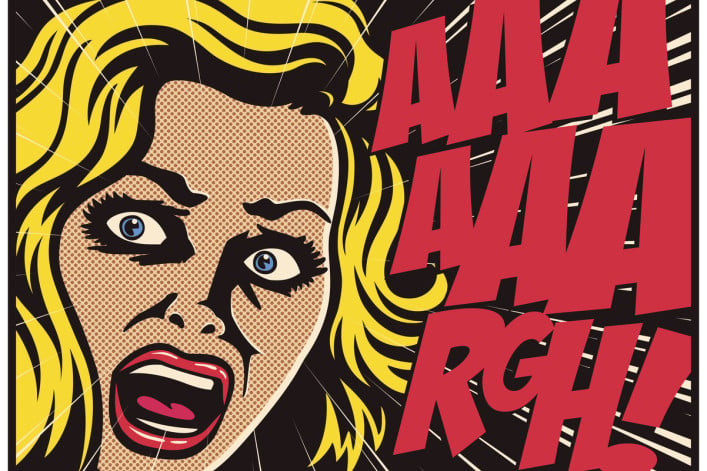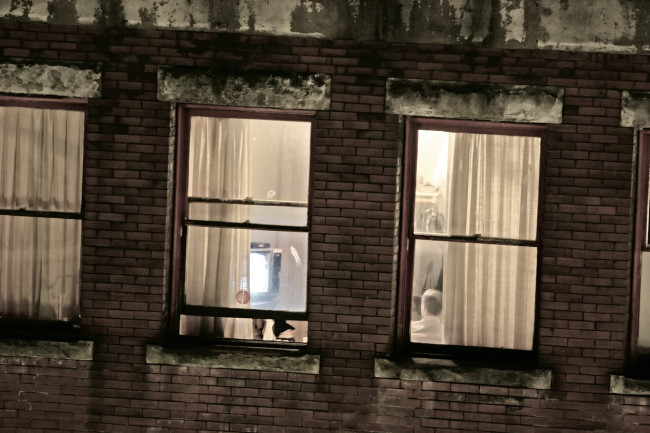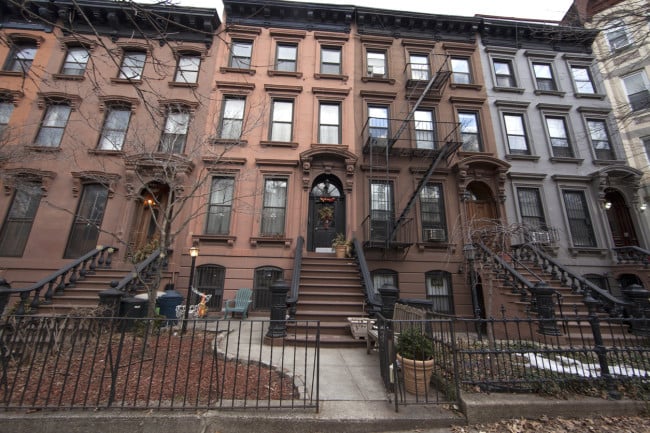My 11-year co-op nightmare: The board was grossly incompetent, and it cost me

iStock
I purchased a one-bedroom co-op in uptown Manhattan for $350,000 in 2006. It was very exciting for me: I had been renting since 1987, and living in the building for four years when my landlord approached me with an offer to buy.
The five-story elevator building was built in 1959 and had 80 apartments. When I bought my place, the building was undergoing several renovations, including new carpeting in the hallways, new marble in the foyer, a fresh paint job, new light fixtures on every floor, and a new intercom system.
I assumed the building was doing well financially, and after my attorney did his due diligence by reviewing the last two years of board meeting minutes, I was sure I was buying into a financially stable and well-kept building. As it turned out, it was all a big facade, which I discovered when I joined the board myself.
Editor's Note: Brick Underground's Inside Stories features first-person accounts of dramatic, real-life New York City real estate experiences. Have a story to share? Drop us an email. We respect all requests for anonymity. This story previously ran in September, 2018. We are presenting again in case you missed it.
My first request after I joined the board was to review the capital plan, because I was hoping we could build a roof deck. I wanted to see if the roof was in good condition and the parapet walls were high enough.
But a roof deck would have to wait. It turned out that the building had not had a capital plan in over 30 years. Yes, you read that right. 30 years! None of the previous board presidents or board members had thought to evaluate the state of the building. It seemed unfathomable. But it was true.
Our management company at the time said to me, “We offer capital plans for free.” When I asked why they didn’t do one for our building, they said, “No one asked.”
I soon learned that New York City residential buildings under six stories (my building was five stories) were not required to comply with a local law that required buildings to be inspected annually. The cost of annual inspections was the building’s responsibility, and the inspections were to make sure the building was not falling down, possibly injuring pedestrians or damaging abutting buildings. So, at my insistence, we had the building inspected.
No paper trail
In the meantime, I asked to see the mortgage. The board didn’t have a copy. I asked to see our insurance policy. The board didn’t have a copy. I asked to see the management agreement. The board didn’t have a copy. I asked to see records regarding any capital improvements. The board hardly kept any records at all.
At this point, I was tired of traveling to the manager’s office for our monthly meetings and suggested we use a vacant room in the basement. So with my dog for company, I swept, mopped and painted the room. I paid the porter $200 of my own money (the board refused to pay) to paint the new office with leftover paint I had from my apartment. I asked the super to keep an eye out for any viable furniture.
Next I took what records they did have and I began to organize them. Soon I came across an old report that indicated that the room that my dog and I were working in for the previous month was filled with asbestos. I never attempted to work in that room again. All of my efforts were for nothing.
I also discovered another problem with the basement: the window frames had rotted; I could poke my finger through them. This was very dangerous; it meant someone could break into our basement, where residents did their laundry. But the board refused to replace the windows.
Unwelcome guests
A month later, Con Edison tore up the street next to ours and our basement suddenly had a rat infestation. BIG rats were roaming our basement. I had never seen rats that big or that close. It was extremely scary. The board was forced to replace the windows.
The co-op was actually two buildings and there were two sets of water meters. I reviewed one year’s worth of water bills, and found one meter was three times higher than the others. It was corrected only after I requested that the water company inspect all six meters but we had been over-charged for years, just because no one looked at the bills. After that, I had all invoices paid by our management company delivered to my apartment each month.
Then one day, I noticed a vacuum cleaner out in front of our building being thrown away with our building’s trash. There was a big sign on it that read: “Don’t use. Bed bugs.”
I took a picture and emailed it to the board, insisting that we find out whose vacuum cleaner it was. They flat-out refused.
Three months later, I was (finally) informed that our building had bed bugs and it turned out that my dog was riding up in the same elevator as the dog who lived in the bed bug apartment. I was furious and I insisted, like several other apartment owners, that my apartment be independently tested. There were no bugs in my apartment, but several apartments were infested and that cost the shareholders several thousand dollars to rectify.
We went through three supers in 11 years. They fired the first super a week after his mother died, two weeks before Thanksgiving. They fired our building manager, but kept the management company. Our manager was a very nice person who was always available. He was very confused and hurt after the board president fired him.
Repeated fines for trash
Another wasteful expense that drove me crazy: the porter would place the garbage and recyclables on the curb during the day instead of the evening, like you are supposed to, and so we were regularly ticketed by the city. I learned this after I started to review our monthly expense receipts. After I complained, the board did what they normally did: nothing. We continued to pay the fines.
During the capital plan inspections, it was determined that we needed hundreds of thousands of dollars’ worth of emergency repairs. Our standing wall, abutting a driveway, had to come down. Our management company decided to put scaffolding over our neighbor’s driveway, without asking their permission. Of course, they threatened to sue us if the scaffolding was not immediately removed. It wasn’t and so they sued us. That cost the shareholders a $10,000 deductible.
It went on. The roof needed major repairs, window ledges were seriously deteriorated, indicating falling cement, and the rear of the building was in desperate need of re-pointing.
At this point, the board was operating without my participation.
The eight apartments abutting the standing wall would have to be vacated during the renovation. The scaffolding alone was costing us $7,000-$8,000 a month, and it remained in place for two years while the board dragged their feet on replacing the wall.
Finally, the board held a secret meeting with only the eight apartment shareholders, telling them they had to vacate their apartments for an undisclosed period of time within the next 60 days. The shareholders refused and the board sued them, spending over $50,000 in attorney fees before the case was eventually settled.
Out of cash
Soon after, our building ran out of money. I begged the board to refinance with our present mortgage company. Instead the board president hired his broker friend to find us another mortgage, which cost shareholders thousands of dollars in fees. Our monthly maintenance fees doubled.
After the rat infestation, the bedbug infestation, the lawsuits and the wall trouble, I moved out, and sublet my apartment for a couple of years. I just could not look at the board members any more. They were all liars, and they cost me (and all shareholders) an enormous amount of money. They were grossly incompetent. But there was nothing I could do about it.
I sold my apartment last year for $460,000, getting about $10,000 more then I asked for. So the ending of this story is sweet, and I learned my lesson well. I will never ever buy a co-op again.
*Dede George is a pseudonym.
You Might Also Like



























